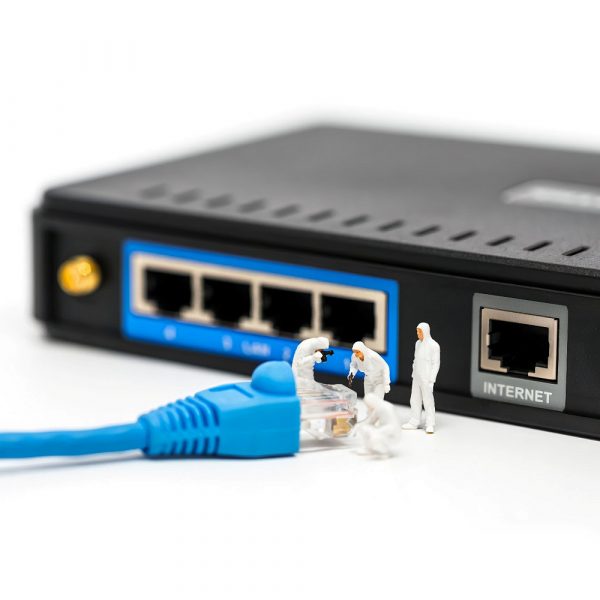New Project Helps ISPs to Test Customers Real Broadband Experience

The Broadband Forum, which is an industry-driven global standards development organisation, has begun a new project that aims to help broadband ISPs improve their customer satisfaction, both in the UK and around the world, by providing them with the tools to “more accurately assess the end-user experience with the applications they use“.
At present, Internet Service Providers can already use a variety of known performance metrics to spot issues, such as network degradation. But at the same time there isn’t, strictly speaking, a fully standardised method to quantify the quality of service as experienced by the user.
The “groundbreaking” new project – Service Types, QoE Parameters and Evaluation (WT-524) – aims to improve this by providing new parameters and methods for ISPs to automatically measure customers’ Quality of Experience (QoE). It will also aim to harness Artificial Intelligence (AI) to enhance the application of existing measurements – for bandwidth, latency, jitter, and packet loss – to specific services.
Advertisement
The baseline methods and models for estimating end-user QoE will then be based on the Broadband Forum’s existing services-led efforts, as well as work in other standards development organisations, such as the IETF and ITU-T. The project will bring together QoE indicators and algorithms fragmented across many different industry specifications to create a “one stop shop” for all things QoE that can be readily used by a broadband provider.
Manuel Paul, BF’s President and Director of the Service Requirements Work Area, said:
“As users increasingly use more advanced and real-time services, it is even more important that BSPs [broadband service providers] know the true quality of the services they deliver in order to improve their service delivery, enhance customer satisfaction, increase service take-up rates, and reduce churn.
The most reliable measurement of the perceived broadband experience is the user’s subjective evaluation and these approaches are not feasible for the BSP to overcome real-time issues. This new project from the Broadband Forum will ultimately provide BSPs with a way to accurately estimate the service quality their customers experience in a more efficient way.”
The project will aim to estimate QoE for each ‘quality layer’ to provide a structured approach to understanding and improving the user’s overall experience with a service or application. This includes content quality (e.g. picture quality), transaction quality (e.g. service ordering and maintenance), and Flow and Network quality (i.e. basic network performance).
On the surface, all of this sounds very promising, although much will depend upon how it develops and the level of uptake by ISPs. Many broadband providers have already deployed their own solutions for monitoring and evaluating their networks, which some may feel is doing a good enough job today and thus does not need replacement.
Mark is a professional technology writer, IT consultant and computer engineer from Dorset (England), he also founded ISPreview in 1999 and enjoys analysing the latest telecoms and broadband developments. Find me on X (Twitter), Mastodon, Facebook, BlueSky, Threads.net and Linkedin.
« Persimmon Sells UK Full Fibre Broadband ISP FibreNest to BUUK UPDATE





















































The only real and proper way to measure it, is iperf. None of those crap web tests will give you credible results.
You didn’t read the article I take it?
iPerf measures measures bandwidth and loss. This cares about actual user experience not just a basic network test.
https://www.broadband-forum.org/defining-broadband-service-metrics-for-measuring-qoe
One of the QoE factors is speed of DNS. It’s no good having a fast network if the ISP runs their DNS server on a Raspberry Pi and it takes forever to look up addresses, especially those many xyz123.cdn.net that make up modern web pages – tis cause of much web page lag. I’ve never seen a ‘speed tester’ tool measure it.
Well, we lost samknows (who offered a similar capability via a add on box or code to embed in router) to Cisco (and that’s gone very quiet), so the industry needs to start again from almost nothing.
Ps I still have a samknows whitebox, still get reports and still have the dashboard.